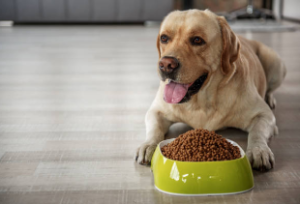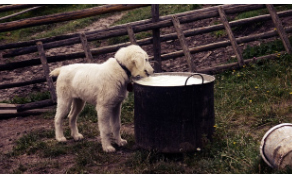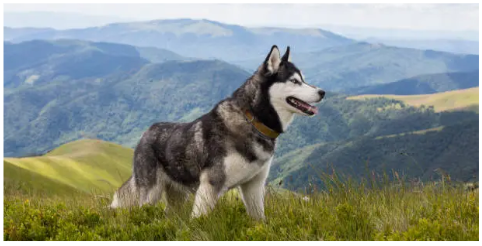Best Foods For Overweight Dogs
Obesity is a significant health problem for dogs, just as it is for humans. Overweight and obese dogs are at increased risk for several severe health conditions, including diabetes, heart disease, arthritis, and some types of cancer.
If your dog is overweight, the best way to help them lose weight is to feed them a healthy diet and increase their exercise. But what are the best foods for overweight dogs?
In this blog post, we will discuss the best foods for overweight dogs, including:
- The nutrients that overweight dogs need
- The foods that overweight dogs should avoid
- Specific food recommendations for overweight dogs
- How to transition your overweight dog to a new food
Nutrients that overweight dogs need
All dogs need a balanced diet with protein, carbohydrates, fats, vitamins, and minerals. However, overweight dogs may have specific dietary needs.
Protein
Protein is essential for building and maintaining muscle mass. Muscle mass helps to burn calories, so overweight dogs must consume enough protein. Good protein sources for dogs include lean meats, poultry, fish, and eggs.
Carbohydrates
Carbohydrates provide dogs with energy. However, overweight dogs should avoid foods high in simple carbohydrates, such as sugar and white flour. Complex carbohydrates, such as whole grains and vegetables, are better for overweight dogs.
Fats
Fats are also an essential source of energy for dogs. However, overweight dogs should avoid foods high in saturated and unhealthy fats. Good sources of healthy fats for dogs include fish oil, flaxseed oil, and olive oil.
Vitamins and minerals
Vitamins and minerals are essential for overall health and well-being. Overweight dogs should get enough of all the vital vitamins and minerals.
Foods that overweight dogs should avoid
Overweight dogs should avoid foods high in calories, fat, and sugar. This includes processed foods, table scraps, and human food.
Processed foods
Processed foods are often high in unhealthy fats, sugar, and salt. They are also usually low in nutrients. Overweight dogs should avoid processed foods such as hot dogs, hamburgers, and chips.
Table scraps
Table scraps are often high in calories, fat, and salt. They can also be dangerous for dogs, as some human foods are toxic. Overweight dogs should avoid table scraps.
Human food
Human food is often high in calories, fat, and sugar. It can also be dangerous for dogs, as some human foods are toxic. Overweight dogs should avoid human food.
Specific food recommendations for overweight dogs
Several different foods are available for overweight dogs. When choosing a food for your overweight dog, it is essential to look for a food that is low in calories and fat and high in protein and complex carbohydrates.
Some good food recommendations for overweight dogs include:
- Prescription weight loss diets
- Weight loss dog foods from commercial brands
- Freshly prepared home-cooked meals
Prescription weight loss diets
Prescription weight loss diets are available from veterinarians. These diets are specifically designed to help dogs lose weight safely and effectively.
Weight loss dog foods from commercial brands
Several commercial brands offer weight-loss dog foods. These foods are lower in calories and fat than regular dog foods.
Freshly prepared home-cooked meals
Freshly prepared home-cooked meals can be a good option for overweight dogs. However, it is essential to ensure that the meals are nutritionally balanced and that they do not contain any toxic ingredients to dogs.

How to transition your overweight dog to a new food
If you are switching your overweight dog to a fresh food, it is essential to do so gradually. Mix the new food with the old food in a 75:25 ratio. After a few days, increase the amount of fresh food to 50:50. Continue to gradually increase the amount of new food until your dog is eating only the new food.
Conclusion
If your dog is overweight, feeding them a healthy diet and increasing their exercise is essential. Several different foods are available for overweight dogs. When choosing a food for your overweight dog, it is necessary to look for a food that is low in calories and fat and high in protein and complex carbohydrates.
Additional tips for helping your overweight dog lose weight
- Increase your dog’s exercise. Aim for at least 30 minutes of exercise per day.
- Avoid giving your dog treats and table scraps.
- Could you measure your dog’s food and feed them?


